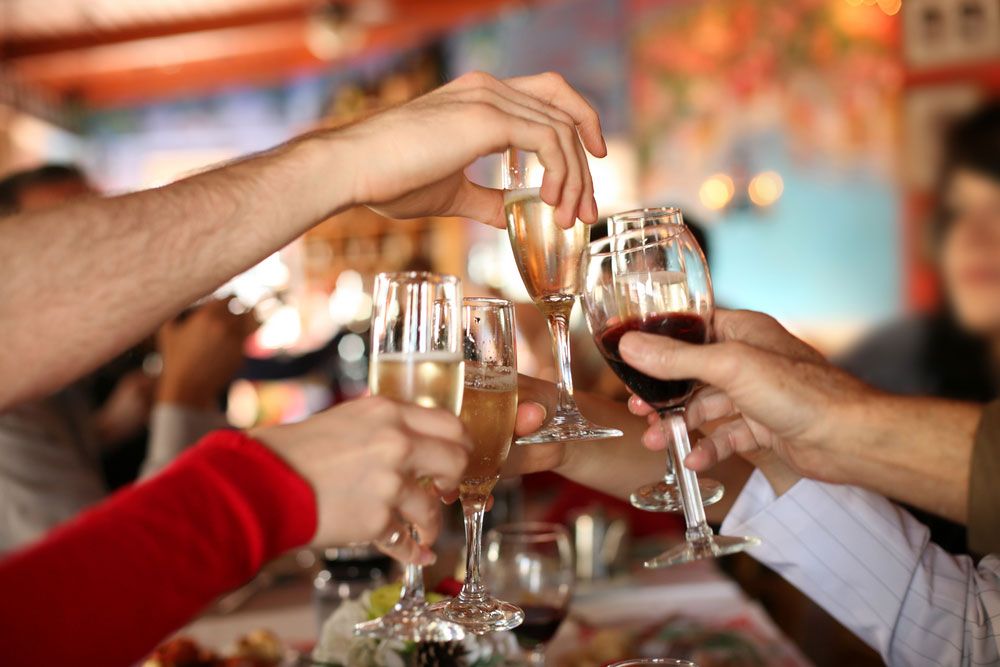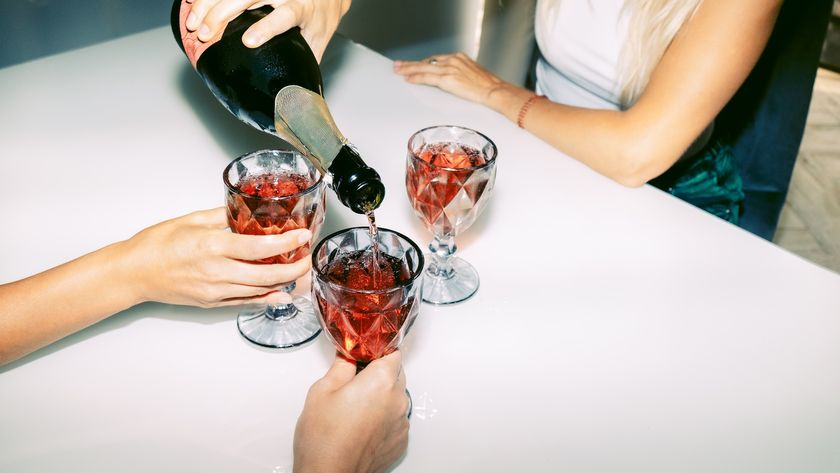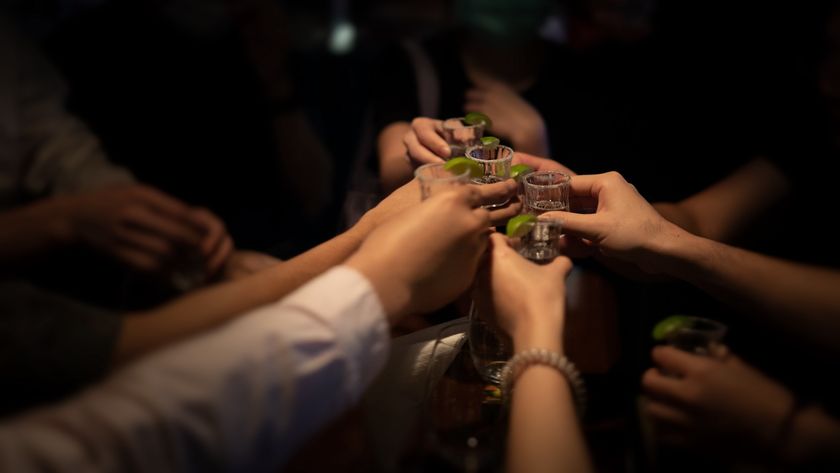Hangovers Don't Deter Drinkers

No one likes a hangover, but regardless of the lamenting in the morning, the pain and discomfort that follow a night of drinking don't seem to have much of an effect on people's future drinking behavior, a new study suggests.
In the study, participants kept a diary for 21 days, and reported the days they drank, whether they had a hangoverthe next morning and whether they expected to drink again that night.
Participants were just as likely to say that they expected to drink again that night, regardless of whether they experienced a hangover that morning, according to the study. [11 Interesting Facts About Hangovers]
When the researchers looked at participants' actual drinking habits (and not just what the individuals expected to do), the scientists found that hangovers did have a small effect on drinking behavior. Specifically, hangovers made subjects delay their next drink somewhat.
On average, participants waited six hours longer to take their next drink after a drinking session that led to a hangover, compared with drinking sessions that did not result in a hangover. (The average time between drinking episodes was 44 hours after a hangover, and 38 hours without a hangover.)
"Drinkers do not seem to be bothered that much by the temporary discomfort of a hangover, since it does not get them to delay their drinking in any meaningful way," study researcher Damaris Rohsenow, a professor of behavioral and social sciences at Brown University School of Public Health, said in a statement.
The findings may, in part, reflect the fact that drinking habits are determined by a number of factors, including the day of the week and people's social plans, said study researcher Thomas Piasecki, a professor in the department of psychological sciences at the University of Missouri.
Sign up for the Live Science daily newsletter now
Get the world’s most fascinating discoveries delivered straight to your inbox.
And the immediate, pleasurable effects of drinking may outweigh the unpleasant effects of a hangover in terms of influencing drinking decisions, Piaseckisaid. Participants in the study who had hangovers also tended to get more pleasure from drinking, he said.
The findings suggest that hangovers may be indicators of other drinking-related risk factors, such as an inclination to lose control when drinking, the researchers said.
"Experiencing frequent hangovers is a warning sign that should probably prompt you to reflect upon your drinking, and to consider seeking help if you are having difficulty drinking within safe limits," Piasecki said.
The study involved 386 people (mostly college-age and young adults) in Missouri who were frequent drinkers (reported drinking at least one drink per week). Two-thirds were also smokers. The findings may not apply to other populations, including people who are not frequent drinkers, the researchers said.
It's also possible that hangovers delayed drinking for some, and hastened drinking for others, and these two effects cancelled each other out.
Future studies should investigate whether having a hangover reduces the number of drinks at the next drinking episode (rather than just the time until the next drink), the researchers said.
The study will be published in the May issue of the journal Alcoholism: Clinical & Experimental Research.
Follow Rachael Rettner @RachaelRettner. Follow Live Science @livescience, Facebook & Google+. Original article on Live Science.

Rachael is a Live Science contributor, and was a former channel editor and senior writer for Live Science between 2010 and 2022. She has a master's degree in journalism from New York University's Science, Health and Environmental Reporting Program. She also holds a B.S. in molecular biology and an M.S. in biology from the University of California, San Diego. Her work has appeared in Scienceline, The Washington Post and Scientific American.











